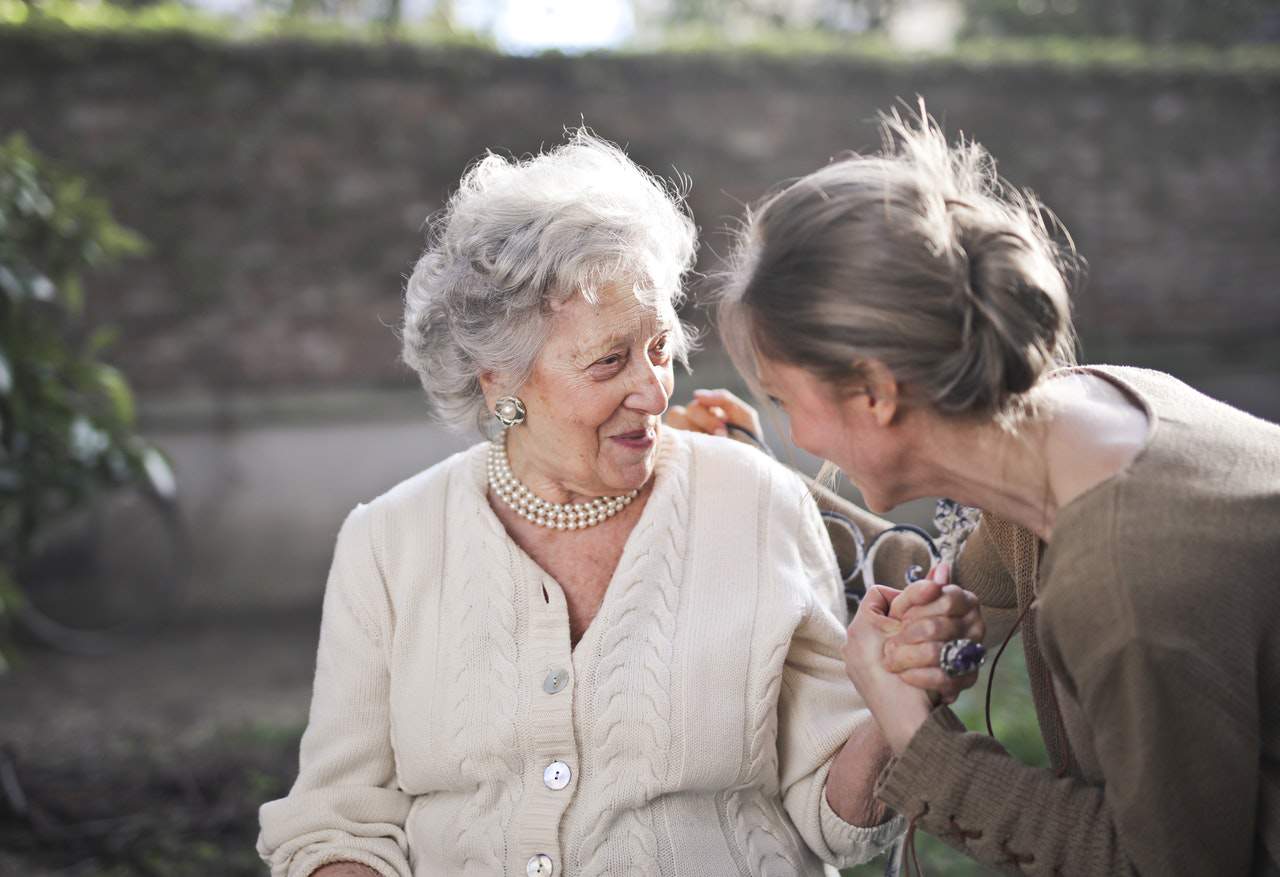At-home personal care for elderly people is a growing necessity as more seniors are choosing to stay in their own homes, preferring the comfort and familiarity they bring over institutional settings. This type of care can encompass a wide range of services, each tailored to fit the unique needs of the individual. The primary goal is to help elderly people keep their independence, dignity, and quality of life, while also ensuring their safety and well-being.
Daily Living Assistance
At-home personal care often begins with assistance in daily living activities, also known as ADLs. These are the basic tasks that people need to perform to maintain their personal health and well-being. For the elderly, these tasks can become increasingly difficult due to physical limitations, cognitive decline, or chronic conditions. ADLs typically include:
- Bathing and Grooming: Personal care aides help with bathing, which is critical not just for hygiene, but also for the elderly person’s sense of dignity. They may also assist with grooming activities such as brushing hair, shaving, and nail care.
- Dressing: Choosing appropriate clothing and getting dressed can become challenging for seniors, particularly those with arthritis or other mobility issues. Caregivers help with selecting clothes that are easy to put on and assist with the dressing process.
- Toileting: Some elderly people may require assistance with using the toilet, managing incontinence, or maintaining proper hygiene. This aspect of care is handled with the utmost sensitivity and respect for the person’s dignity.
- Mobility Support: Helping seniors move around their home safely is crucial. This might include assistance with walking, transferring from bed to chair, or navigating stairs. Caregivers are trained to use techniques that minimize the risk of falls and injuries.
Medication Management
Many elderly people take multiple medications, often at different times of the day. Proper medication management is vital to ensure that these medications are taken correctly and at the right times. Caregivers can assist by organizing pills, setting reminders, or physically helping the elderly person take their medication. This reduces the risk of missed doses or harmful drug interactions, which can be especially dangerous for seniors.
Meal Preparation and Nutrition
Good nutrition is critical for maintaining health in older adults, but cooking can become difficult or unsafe for them. Caregivers often prepare meals that meet the dietary needs of the elderly, taking into account any restrictions like low-sodium or diabetic-friendly diets. They ensure that meals are nutritious, varied, and suited to the senior’s taste preferences, which is important for both physical health and overall enjoyment of life.
Companionship
Beyond the physical aspects of care, companionship is a significant component of at-home personal care. Loneliness and isolation are common issues among the elderly, especially for those living alone. Caregivers provide social interaction, engage in conversation, and may participate in activities such as playing games, reading, or taking walks. This companionship can greatly improve the mental and emotional well-being of seniors.
Housekeeping and Errands
Light housekeeping duties, such as cleaning, laundry, and organizing, are also part of at-home care. These tasks help to maintain a safe, comfortable living environment. Additionally, caregivers may assist with running errands, such as grocery shopping or picking up prescriptions, which can be particularly helpful for seniors who are no longer able to drive.
Specialized Care
For seniors with specific health conditions, such as dementia, Alzheimer’s disease, or Parkinson’s disease, at-home care may include more specialized services. Caregivers may be trained to handle the unique challenges associated with these conditions, providing both physical care and cognitive stimulation to help manage symptoms and improve quality of life.
Conclusion
At-home personal care for elderly people is a comprehensive service designed to support seniors in their desire to live independently while ensuring their safety and well-being. By addressing both the physical and emotional needs of elderly individuals, at-home care helps them to maintain a high quality of life, surrounded by the comfort and familiarity of their own homes.
